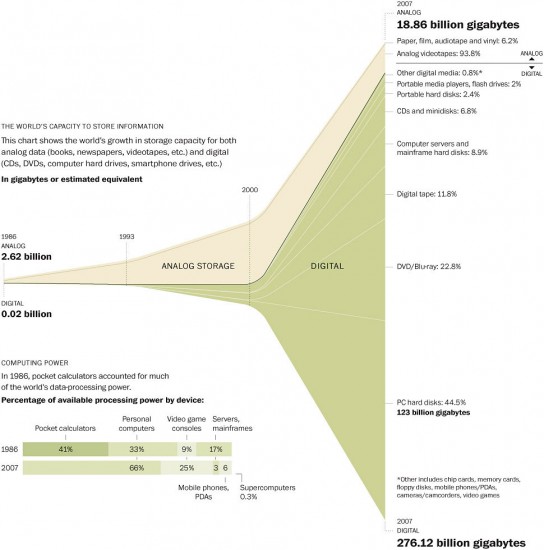A Texas tax official estimates in this story that Texas loses an estimated $600 million in Internet sales taxes every year. Its part of a long-running debate about whether state governments should be able to collect taxes from out-of-state retailers who send goods into their jurisdictions.
What happens with the $600 million depends on what you mean by “Texas.” If you mean the government of the state of Texas in Austin, why, yes, the government appears not to collect that amount, which it wants to. If by “Texas” you mean the people who live, work, and raise their families throughout the state—Texans—they actually save $600 million a year. They get to do what they want with it. After all, it’s their money.
The Texas tax collector is complaining because the last thing state taxing agents want to do is collect money on in the form of use taxes, which means something like going door to door to collect money from voters based on what they bought from out-of-state. Revenuers intensely prefer to hide the process, collecting their residents’ money from out-of-state companies.
Amazon.com is Texas’ target—it’s the great white whale for tax-hungry jurisdictions nationwide. With no retail outlets and few offices or fulfillment centers around the country, it’s not subject to tax jurisdiction in lots of places that would like to tap it for revenue. Having a fulfillment center in Texas may make Amazon liable for $600 million of its customers’ money, so it’s doing the sensible thing: getting out.
And thank heavens it can! Amazon is a cog in the extremely virtuous process of tax competition. Its ability to move operations means that it can escape states with burdensome taxes and tax collections oblibations, like Texas. Tax competition among states puts downward pressure on taxes, which in turn puts upward pressure on the wealth and well-being of state residents.
The pro-tax folks have been working for years to eliminate tax competition. The “Streamlined Sales Tax Project” continues work it began in 2000 to pave the way for nationwide sales taxation. “Streamlining” sounds so good, doesn’t it? But the result would be uniform—and uniformly high—sales taxes that every state might impose on every retailer that sends goods across state lines.
The Web site of the pro-tax coalition sounds good, too: the “Alliance for Main Street Fairness,” at the URL standwithmainstreet.com. Who wouldn’t want to “stand with Main Street”? Lovers of limited government, for one.
“Fairness” here means uniform high sales taxes and interstate tax collection obligations. The site doesn’t say who’s behind it, but the campaign to impose taxes on Amazon and other remote sellers is almost certainly a project of big national chain retailers. Rather than fight to lower taxes nationwide, they think they should just saddle their online competitors with tax collection obligations.
As long as the Streamlined Sales Tax Project continues to fail, tax competition in this area survives, and retailers like Amazon can provide lower costs to all of us—including that $600 million in savings enjoyed by Texans each year.


 The Technology Liberation Front is the tech policy blog dedicated to keeping politicians' hands off the 'net and everything else related to technology.
The Technology Liberation Front is the tech policy blog dedicated to keeping politicians' hands off the 'net and everything else related to technology.